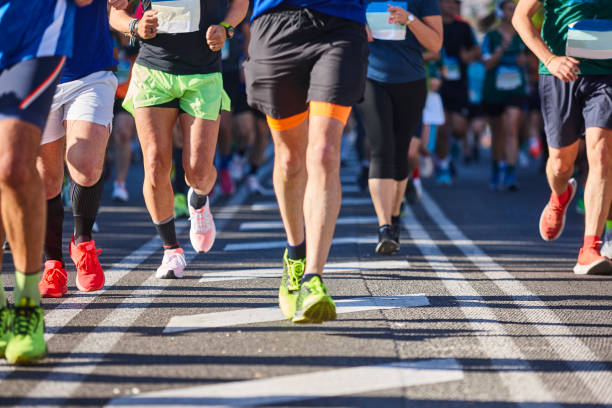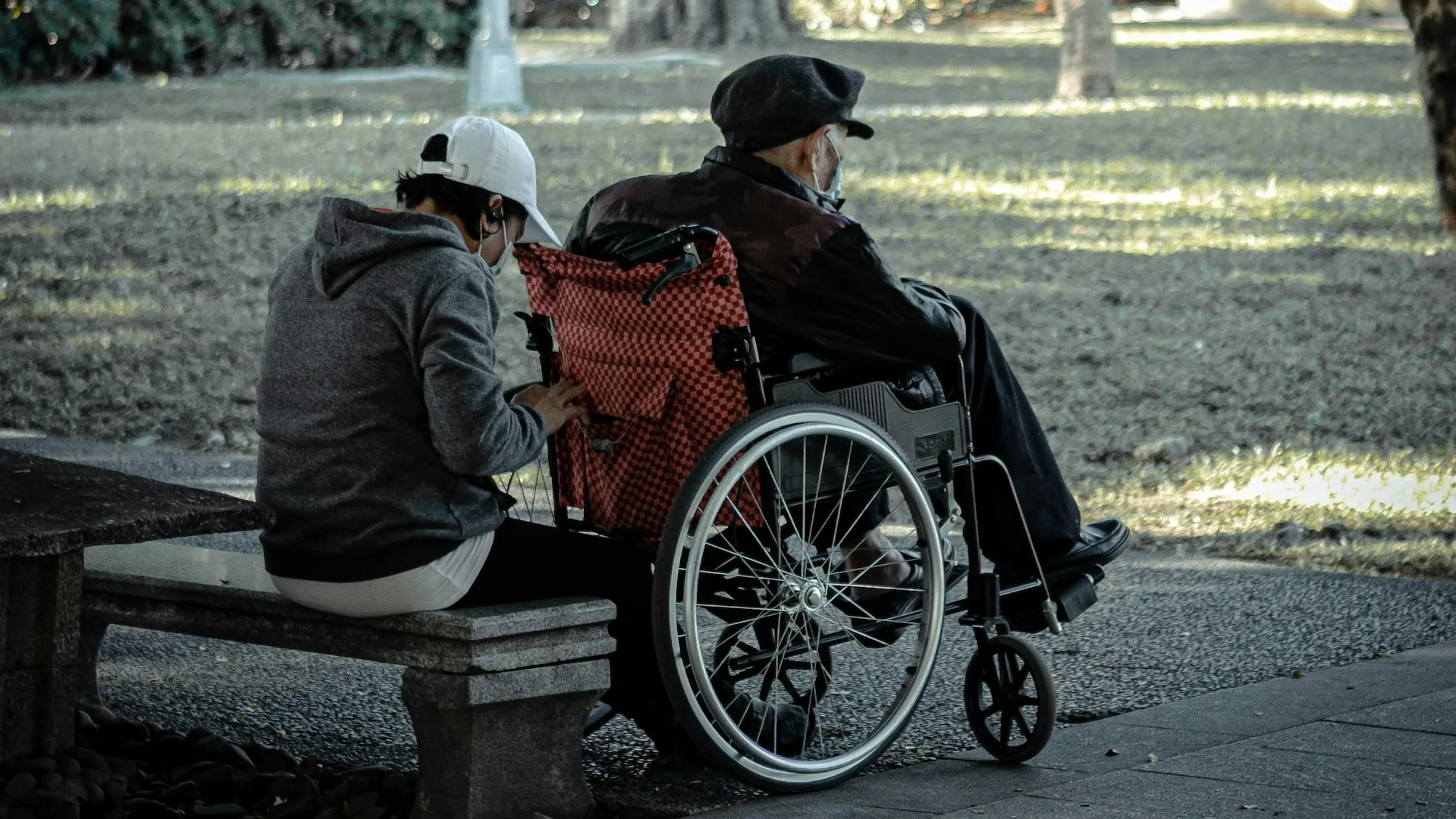Discover when running was invented—and how it shaped human evolution, culture, and modern fitness. Dive into the history, science, and FAQs of humanity’s oldest sport.
Table of Contents
Introduction
Imagine a world without running. No morning jogs, no weekend marathons, no kids racing through playgrounds. It’s almost unthinkable—because running isn’t just an exercise; it’s woven into the fabric of what makes us human. But when was running invented? Spoiler: It wasn’t a “Eureka!” moment by a single ancient jogger. Instead, running evolved alongside humans over millions of years, shaping our bodies, cultures, and survival. In this deep dive, we’ll sprint through time to uncover how running became humanity’s oldest and most enduring superpower.
The Origins of Running: Survival, Evolution, and Bare Feet

Running as an Evolutionary Game-Changer
Humans didn’t invent running; running invented humans. Here’s how:
- The “Persistence Hunting” Theory: Anthropologists believe early humans (around 2 million years ago) evolved to run long distances to hunt prey. Unlike faster animals, humans could sweat and cool down, allowing them to track animals until they overheated.
- Anatomical Upgrades: Our Achilles tendon, arched feet, and gluteal muscles all evolved to optimize endurance running. Even our ability to throw objects (like spears) likely developed alongside running.
Fun Fact: The Tarahumara tribe in Mexico still practices persistence hunting, running up to 200 miles in 48 hours!
From Survival to Sport: How Running Shaped Civilizations
Running in Ancient Cultures
Running wasn’t just practical—it became cultural, spiritual, and political:
1. Ancient Egypt (circa 3800 BCE)
- Pharaohs used running messengers to relay decrees across their empire.
- Foot races were part of religious festivals honoring gods like Osiris.
2. The Greek Olympics (776 BCE)
- The first recorded marathon? Not quite. The original Olympic event was the stadion: a 192-meter sprint.
- The marathon’s origin comes from the legend of Pheidippides, who ran 25 miles to announce Greece’s victory at Marathon (and then dropped dead).
3. Indigenous Tribes
- Native American tribes like the Hopi held ceremonial races to pray for rain.
- In East Africa, running traditions among the Kalenjin people have produced most of the world’s elite marathoners.
The Modern Running Boom: Sneakers, Science, and 5Ks
Milestones in Running History
| Year | Event | Impact |
|---|---|---|
| 1896 | First modern Olympic marathon | Popularized long-distance racing |
| 1960s | Jogging craze begins in New Zealand | Made running accessible to non-athletes |
| 1972 | Nike releases the Waffle Trainer | Revolutionized athletic footwear |
| 2023 | Over 50 million Americans run regularly | Running is now a $13 billion industry |
Why We Can’t Stop Running
- Mental Health: Running releases endorphins, reducing anxiety and depression.
- Community: Parkrun events and charity 5Ks foster social connections.
- Accessibility: All you need is a pair of shoes (or not—barefoot running is a thing!).
FAQs About the Invention of Running
1. Who “Invented” Running?
No single person invented running. It evolved naturally as early hominids (like Homo erectus) adapted to hunt and survive on the African savannah.
2. Did Humans Evolve to Run?
Yes! Studies show our bodies developed features like spring-like tendons and sweat glands specifically for endurance running.
3. When Was Competitive Running Invented?
The first organized races date back to ancient Egypt and Greece. The Olympics formalized competitive running in 776 BCE.
4. What’s the Oldest Running Race Still Held Today?
The Man versus Horse Marathon in Wales (1980) is quirky, but the Olympic Marathon (1896) holds the title for longest-standing prestige.
5. Will Humans Keep Getting Faster?
Possibly. Technology (like carbon-plated shoes) and training science keep breaking records. But there’s a biological limit—experts debate if we’ve hit it yet.
Lace Up and Join the Legacy
Running isn’t just a workout; it’s a 2-million-year-old testament to human resilience. From outlasting prey on the savannah to crossing finish lines in Times Square, running has carried us through history—one step at a time.
Ready to add your story? Grab your shoes, hit the trail, and remember: every stride connects you to the ancestors who ran before you.
Author Bio: Alex Rivera is a sports historian and marathoner with over a decade of experience writing about fitness culture. Their work has been featured in Runner’s World and National Geographic, blending rigorous research with a passion for the open road.










